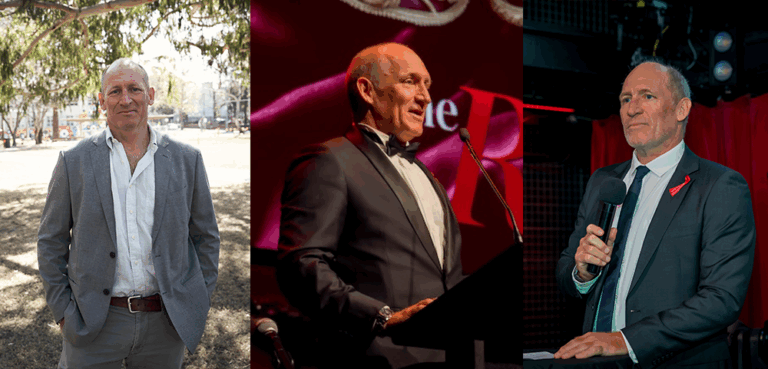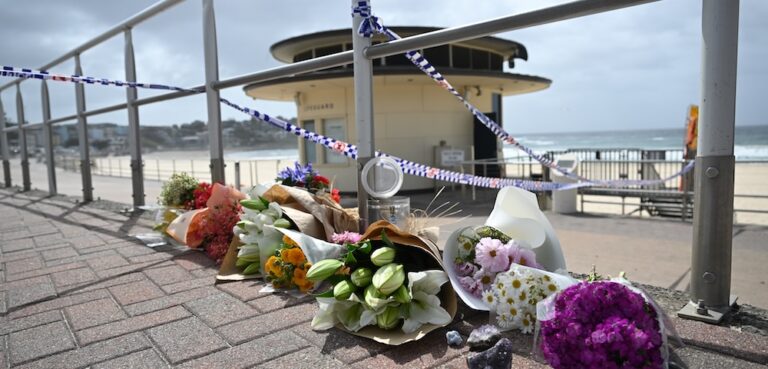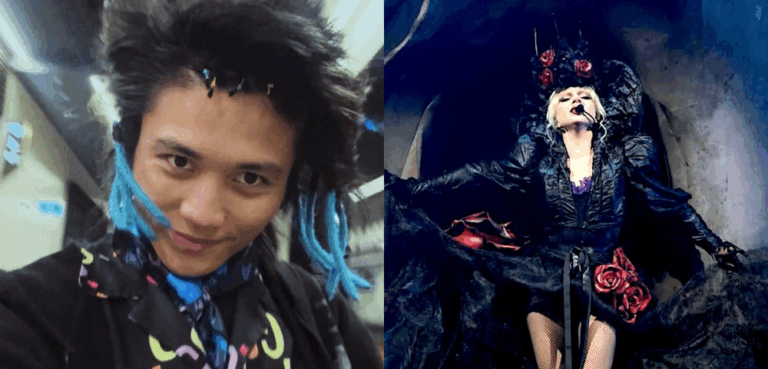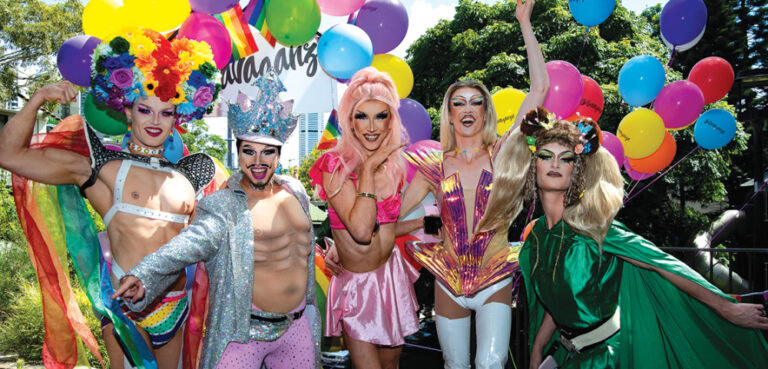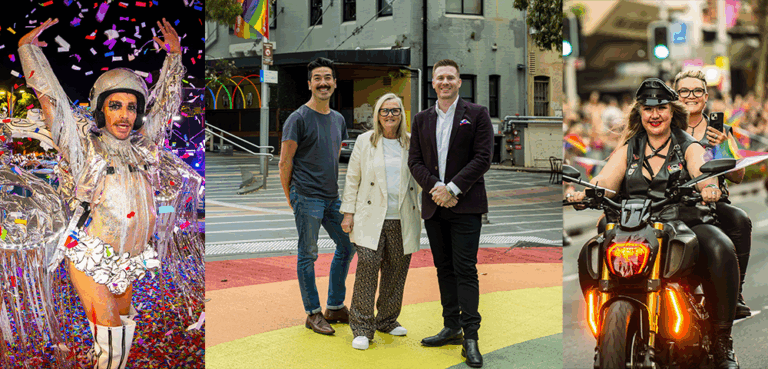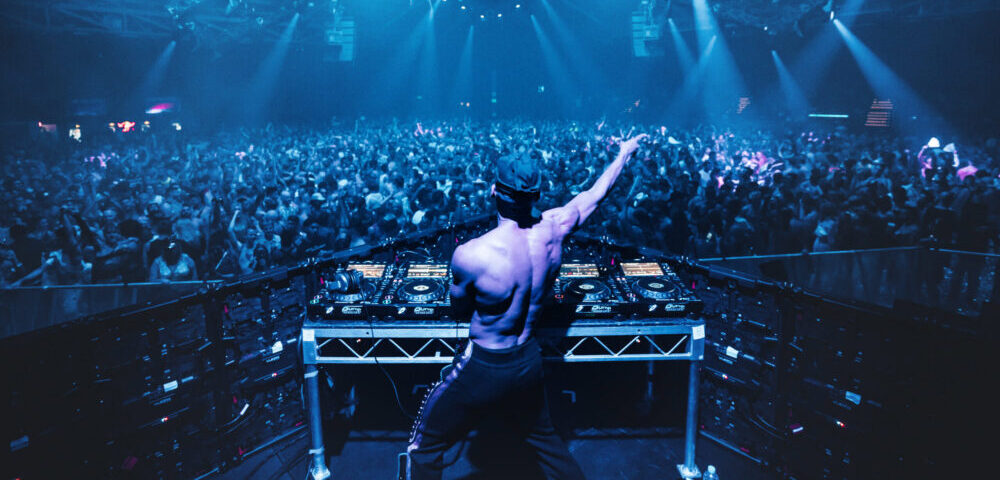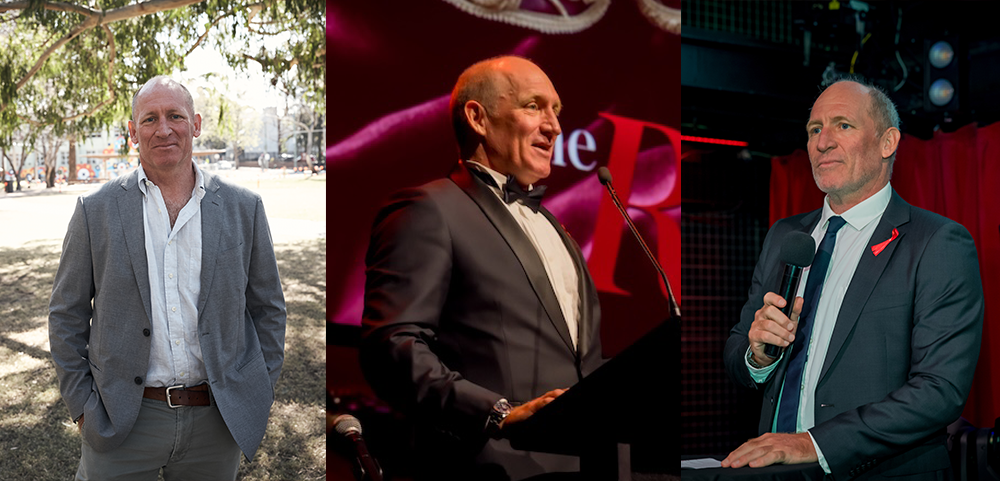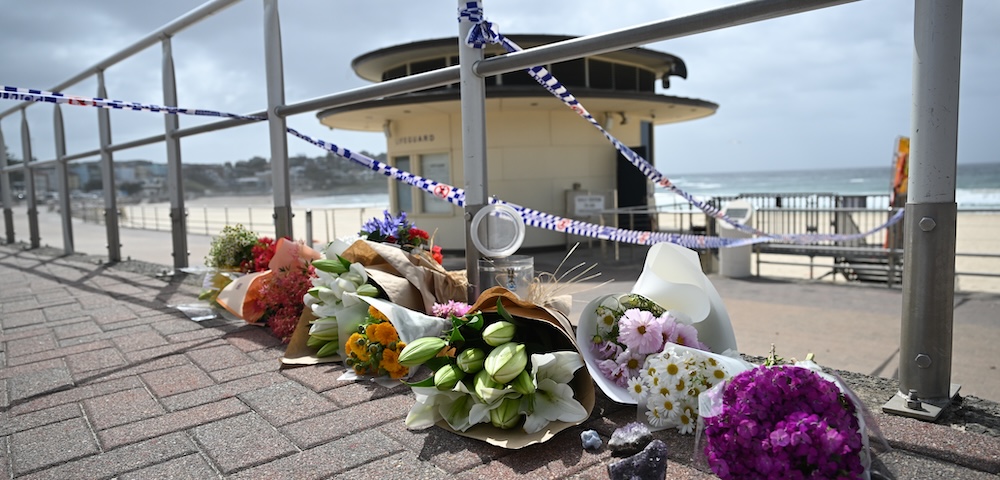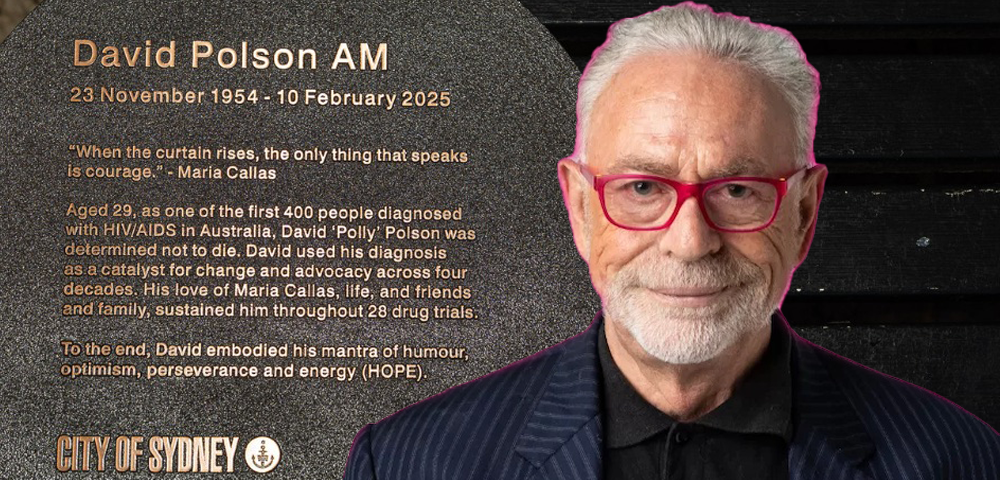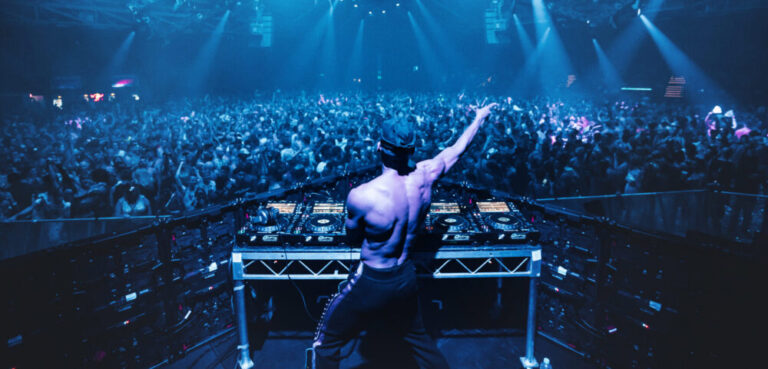
The legendary Dorothy
Dorothy Porter doesn’t seem to mind being called a lesbian author, although not all interviews tackle that subject.
She’s well past needing to justify writing gay characters into her work. Rather she includes gay characters because she wants to.
I’m writing for me. If I have an audience, it’s me and it’s a gay and lesbian one, because I’m gay and lesbian. Write what you want to read, that’s what I’m doing, she says.
When I’m challenged on that, when I’m asked why I’ve included yet another lesbian character, I say that’s me, that’s where my heart is.
Famous for her verse novels, Porter hasn’t taken the commercially easy path, despite the success of The Monkey’s Mask and being several times shortlisted for the Miles Franklin Award.
Porter says the verse novel seems a natural fit for a poet who reads a huge amount of crime fiction and enjoys it.
There’s not many like them around, and I’ve written a fair few of them. I had the idea when writing my first novel Akhenaten, she says.
Porter was writing dramatic monologues in the voice of the pharaoh, and found it stretched to a whole book.
Then I thought, why not bring poetry back into fiction, why not combine them again, like traditional poetry and narrative, like Homer?
But why not do it in a modern way, combine the genres that I like and put in all the things that interest me? she says.
Certainly she includes a lot of herself and her interests in her latest verse novel El Dorado about a serial killer of children taking on the name of the South American legend.
That whole realm of the irrational and the magical and the enchanted and the dangerous are very much why I write poetry, she says.
It ended up a very rich brew, whether it’s films and Hollywood, friendship, fantasy and sex. It ended up drawing on a lot of my childhood memories as well, although it’s not my story.
It did draw on a lot of stuff that I hadn’t written about before. Like my friendship with boys that was so much part of my childhood, she says.
Porter loves talking about friendships between men and women, particularly straight men and lesbian women, which features in El Dorado.
I spent quite a few years as a bisexual women with boyfriends. I liked men, I’ve even written love poems for men, I just found women more the stuff of fantasy, she says.
I think a lot of writers and artistic people are imaginatively bisexual, whether or not they act that out in their romantic and sexual lives.
You can’t become too ghettoised. You can’t think like that as an artist, I think it’s too limiting. If I was a gay man I’d probably still fancy women.
Porter says she wanted to explore the idea of friendships being more enduring than the romantic.
In modern times we all want to find the perfect lover or partner whether you’re gay or straight, but it often doesn’t happen. Sometimes friendships are more enduring, and I wanted to test that relationship, she says.
Porter isn’t afraid to tackle some of the trickier relationships either.
The gayest novel I’ve written was Akhenaten, the Egyptian pharaoh whose greatest passion was his younger brother.
He also married Nefertiti, his cousin, and later married one of his daughters, who died in childbirth. It’s a wonderful true story.
Although historically it’s unclear whether Akhenaten and his brother had a sexual relationship, Porter made sure they did in her book.
It is some of the most passionate poetry I’ve ever written, in the voice of a man lusting after his younger brother, she says.
For a lot of gay men that’s their favourite book of mine, yet it’s written by a lesbian writing about a man lusting after another man.
But the Egyptian historians are very touchy on the subject of Akhenaten’s homosexuality -“ it’s really hard for a Muslim historian to take that on board.
Porter hasn’t shied away in El Dorado either, exploring the panic about pedophilia that surrounds child abduction.
I wanted to tackle that homophobic hysteria around pedophiles. I think it’s slightly easier to do that as a female author, she says.
I make it clear El Dorado is a puritan moralist. So it’s an in-community joke that a homophobic puritan is the killer and thinks he’s doing these kids a favour.
Porter says she is fascinated by the moral hypocrisy seen in the world today, but she doesn’t want to glorify it.
My main character is very wary of jumping on the pedophile bandwagon.
Often moral crusaders have their own dark secrets and are acting out. The killer has become absolutely obsessed like a moral crusade, absolutely poisoned.
At one point somebody said El Dorado is sounding like our prime minister.
Dorothy Porter will speaking at a forum on Australian crime at the Sydney Writers’ Festival on 1 June, 1pm, bookings on 9250 1988, and launching El Dorado on 2 June, 6:30pm, at the Sydney Theatre Company Richard Wherrett Studio.
